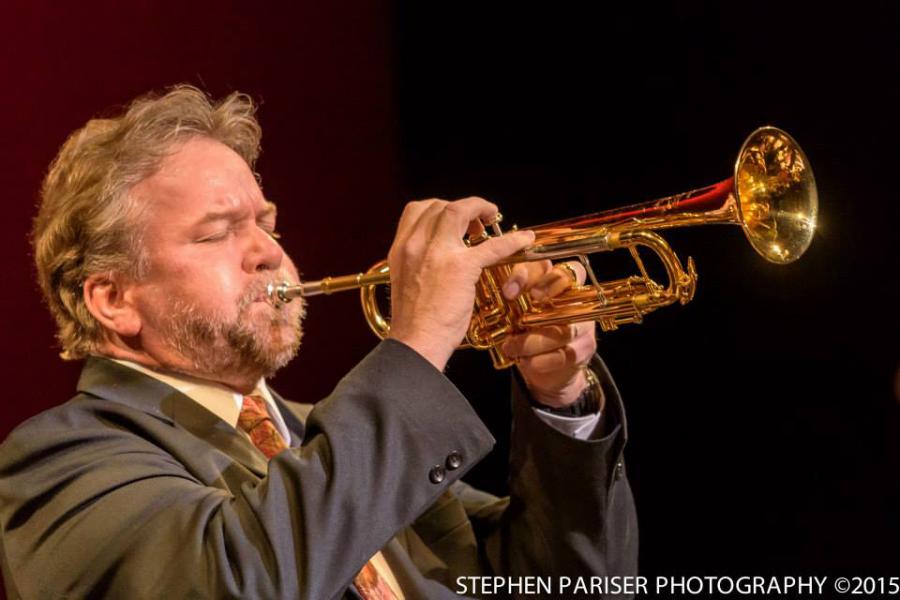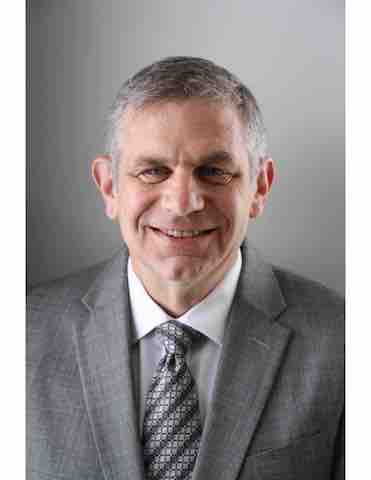Recently, some of Capital’s professors have been on sabbatical and doing incredible things — from playing in Carnegie Hall to working in the Mansfield Correctional Institution. Tianshu Wang, Robert Parton, and Richard Ashbrook each spent time away from campus, returning with new experiences under their belts and stories to tell students.
Tianshu Wang, a professor in the Conservatory of Music, used her fall 2016 sabbatical to perform in New York at Carnegie Hall, the most prestigious concert hall in the world. As an artist featured by the piano brand Steinway & Sons, Wang was able to submit her materials to a professional agent, who then managed her recital at Carnegie Hall.
 Wang started playing piano at 6 years old, and playing in Carnegie Hall has always been the dream — even from childhood.
Wang started playing piano at 6 years old, and playing in Carnegie Hall has always been the dream — even from childhood.
“When I was entering the stage of a full audience at Carnegie Hall, I was more exhilarated than nervous, as I have been preparing for that moment,” Wang said. “The piano felt amazing, too, with a beautiful sound … It was a wonderful experience.”
The best part of being on sabbatical also became Wang’s least favorite part. Being away from campus allowed her to live like a “real artist,” spending time practicing and performing, but it also meant that she missed her students.
Robert Parton, also in the Conservatory of Music, used his sabbatical to pursue opportunities in performing music. First, Parton recorded two pieces with the Symphonic Winds, with Jeff Gershman conducting. Then, in April, he went to Chicago to work in a production of “Chicago.”
During this time, he also practiced the cornet and was invited to be a part of a recording project, which featured some of the finest jazz musicians in the world, with David Bloom and Cliff Colnot. The recording has recently been released.
“I was humbled and honored to be asked to do this recording project,” Parton said.
Parton’s favorite part of his time off campus was performing with the Detroit Symphony and the Cleveland Orchestra. According to Parton, it was “a humbling experience performing with some of the most talented musicians in the world.”
He said his least favorite part of being off campus was not being able to see and help his students, but now that he’s back on campus, he’s excited to be teaching again, especially his jazz history class.
Richard Ashbrook, a professor of psychology, spent his sabbatical working in the Mansfield Correctional Institution, providing forensic psychological services for over 2,500 male inmates at the facility, performing risk assessments, diagnostic evaluations of criminals, and providing treatment for inmates with mental illnesses.
Ashbrook is trained as a clinical psychologist, and he has worked in forensic psychology in the past.
Ashbrook said there were multiple times where the inmates came in to learn from him, but he left learning more from them. This, according to him, was the best part of his experience.
“We learn from our political science, sociology, criminology, and psychology classes about the injustice of mass incarceration, but it’s in the lives of individual inmates that these lessons are brought to life,” Ashbrook said.
He learned about the lives of inmates that easily resemble college students, who were smart and ambitious, but ended up in prison because of gang activity or drug abuse. All of which could have been avoided with access to treatment, diversion programs, and early detection.
The hardest part of the experience was that Ashbrook knew that, at the end of the day, he could “pass through the layered steel doors and gates, and head home — and all the while know that for many young men I worked with, they would remain in prison, day after day, some never having the chance to go home again.”
When asked if current crime television shows accurately portrayed correctional institutions, Ashbrook said yes, though it’s often worse than the TV shows depict. The prisons are especially violent, and bad things happen every day, such as assaults, gang violence, sexual predation, suicide attempts, and mental illness.
“That’s why I wanted to be there, and that’s why I want to teach students about what I’ve learned,” Ashbrook said.
Now that Ashbrook is back on campus, he is excited to be teaching about the people he learned from in the Mansfield Correctional Institution.




